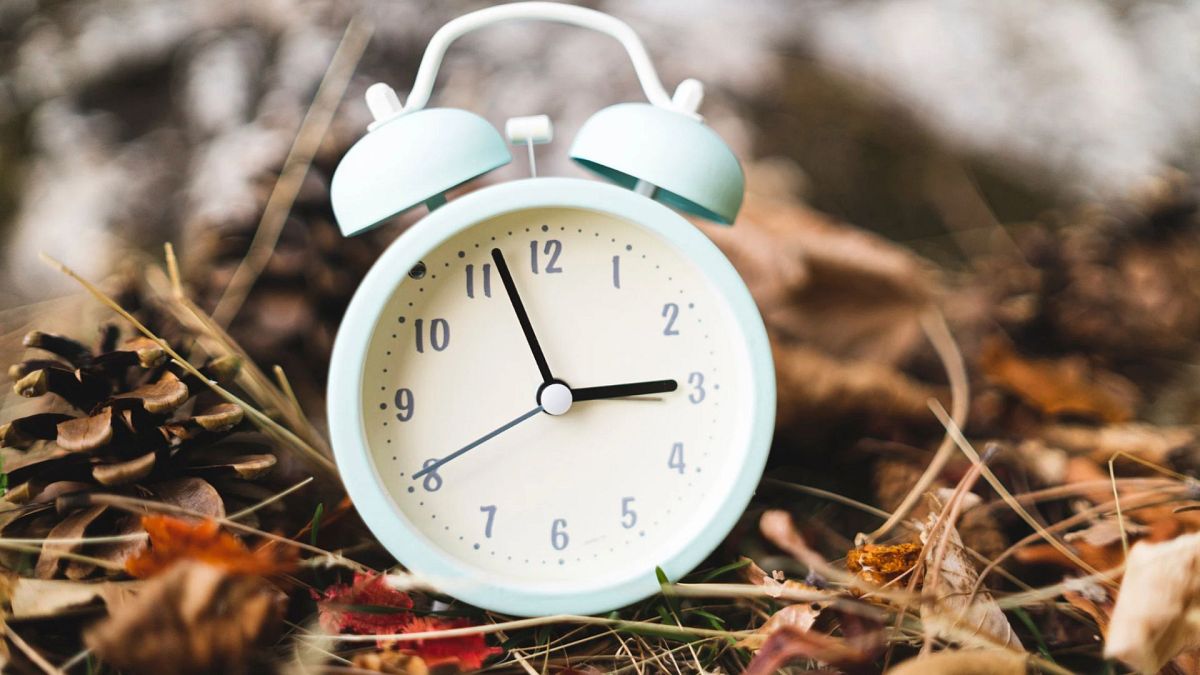Every year, as clocks go back in October, millions of people celebrate an “extra hour” of sleep.
But how much does this small shift really affect our bodies, our sleep and our mood?
According to experts, the autumn transition is much milder than the springtime change - but it’s not entirely harmless. The shift subtly disrupts our circadian rhythm, the internal 24-hour clock that regulates sleep, alertness, hormone production and mood.
Understanding circadian rhythms
The effects of the clock change are rooted in our circadian rhythms - the body’s internal 24-hour clock that regulates sleep, alertness, hormone production, and mood.
"There’s a circadian clock in every cell of the body, but there’s also a principal clock: a group of neurons in the brain that automatically follows light, dawn, dusk, and darkness via signals from the eyes," Timo Partonen, associate professor of psychiatry at the University of Helsinki, told Euronews Health.
"H
Continue Reading on Euronews
This preview shows approximately 15% of the article. Read the full story on the publisher's website to support quality journalism.
